If I ask you what is the heart of a motorcar or motorbike then the answer must be the engine of the car. This heart or engine contains a critical component known as the Ignition Control Module or ICM. This system helps in generating the voltage needed to start an engine. This module regulates the ignition timing & sparks to ignite the fuel-air mixture in the engine cylinder.
Here, we are going to discuss the major part of the ignition system called as “ignition control module”. We also understand the pros and cons of it and different types of ICM.
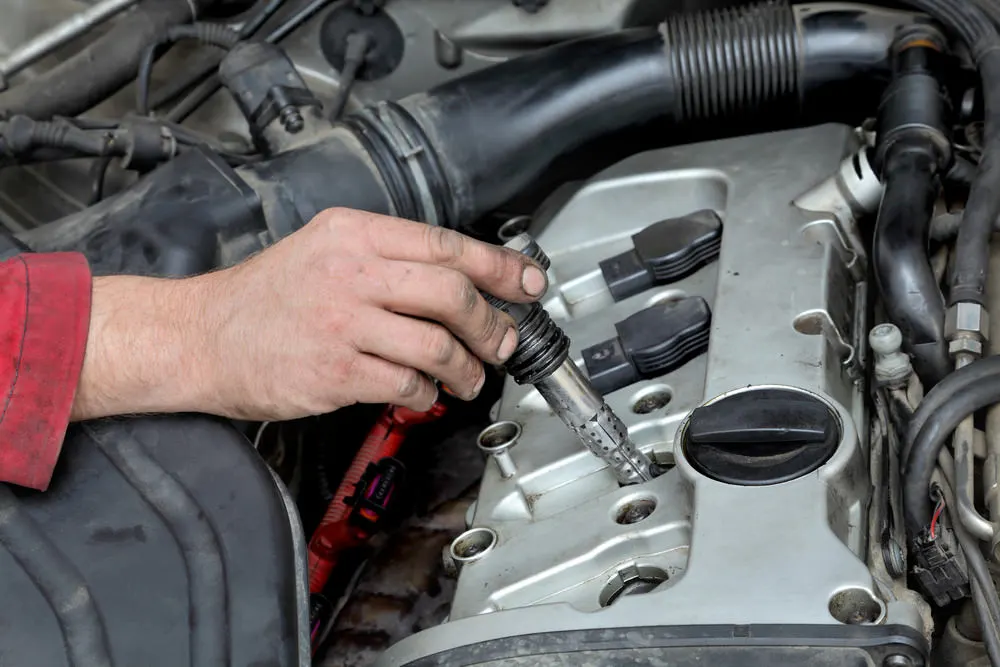
Look Also: What Happens When You Put Too Much Oil in Your Car?
Functioning of an Ignition Control Module
The ignition control module or ICM is a critical component in starting a motorbike engine. It mixes the fuel & air to ignite the engine. But we are going to understand it in simple terms.
The ICM works with other close coordination elements like the ignition coil and distributor. The ignition coil is used to transform the relatively low-voltage electrical supply from the battery into the high-voltage electrical pulses. This transformation is essential to create sparks in burning chambers.
The ICM’s main job is to create a spark to burn out fuel at the right time. This ICM module is controlled by the driver of the motorbike. The driver sends the signal by accelerating the race and this signal goes to the engine’s spark plug. This spark creates an ignite in the engine to accelerate it. This means it tells each cylinder exactly when to move.
The ignition coil in a car needs over 10 amps of electricity. This electricity creates heat in the engine. To prevent overheating and damage, ignition modules have aluminum cooling surfaces.
Types of Ignition Control Modules
There are two types of ignition control modules available the traditional engine and the electronic engine.
Traditional Mechanical Ignition control module
The traditional ignition control modules are commonly used in all types of diesel and petrol engines. This module is made from mechanical components to create the ignition system. These components have a spark system to burn out the fuel.
These Mechanical parts are continuously degrading over time. These parts require frequent replacement and proper maintenance.
Electronic Ignition Control Module
These ICM modules are used in the new-age electric motorcars and bikes. This control module uses solid-state electronics to control the ignition engine. This ICM module contains different electronic parts like transistors, capacitors, and integrated circuits to ignite the engine at the right time.
This module is more reliable, durable, and better than a mechanical module because there are fewer moving parts. This module offers better performance, ignition management, and fuel efficiency.
Comparison of Both
Reliability: The traditional engine has more moving parts than an electrical engine. A traditional engine requires fuel to ignite the engine which generates more heat than electricity. Modern electric engines are more reliable and offer better performance.
Control: The eclectic engine offers more efficient control over the ignition of the engine. This eclectic engine does not create any heat and emissions.
Cost: You need to pay the higher initial cost to buy an electric engine. The replacement and maintenance cost is also higher in the case of eclectic. But it requires less maintenance cost than the mechanical engine.
Time: The electric engine takes more time to recharge a battery. Whereas you can fill the fuel in a diesel or petrol engine instantly.
Both engine have their pros and cons. You can pick any motorbike as per your budget, durability, and reliability.
Conclusion
The ignition control module is a type of component in the engine that controls the ignition of fuel. It burns the fuel to accelerate the engine. There are two types of engines available, one is traditional and the other is electronic. The electric ICM is more durable, reliable, and efficient than the traditional one. However, the traditional ICM is more cost-efficient than an electric module. No matter which one you are choosing, both have their pros and cons.
FAQ’s
Signs of a failing ignition control module (ICM) include engine misfires, difficulty starting, stalling, loss of power, and a lit check engine light. When your engine is hot and creates frequent misfires in the engine. Also, there are other ICM issues like unexpected stalling, reduced power, and the presence of diagnostic trouble codes (DTCs).
It depends on the type of engine of the motorbike. You need to properly diagnose the engine to identify a faulty ignition control module (ICM). Now, confirm the issue by checking for symptoms and using a diagnostic tool. If the ICM is indeed found to be malfunctioning, the recommended course of action is replacement. Swapping out the faulty ICM for a new one or a known working unit is the most common and effective fix.
The cost of replacing an ignition control module (ICM) can vary widely depending on factors like your vehicle’s model, labor costs, and location. On average, the replacement cost can range from $50 to $250 for the part alone. It’s advisable to obtain quotes from reputable service centers to determine the specific cost for your vehicle.
The ignition control module (ICM) is important for precisely timing spark plug ignition. This helps to ignite the fuel-air mixture in the engine cylinders at the optimal moment to maximize combustion efficiency. This precise control reduces fuel waste.
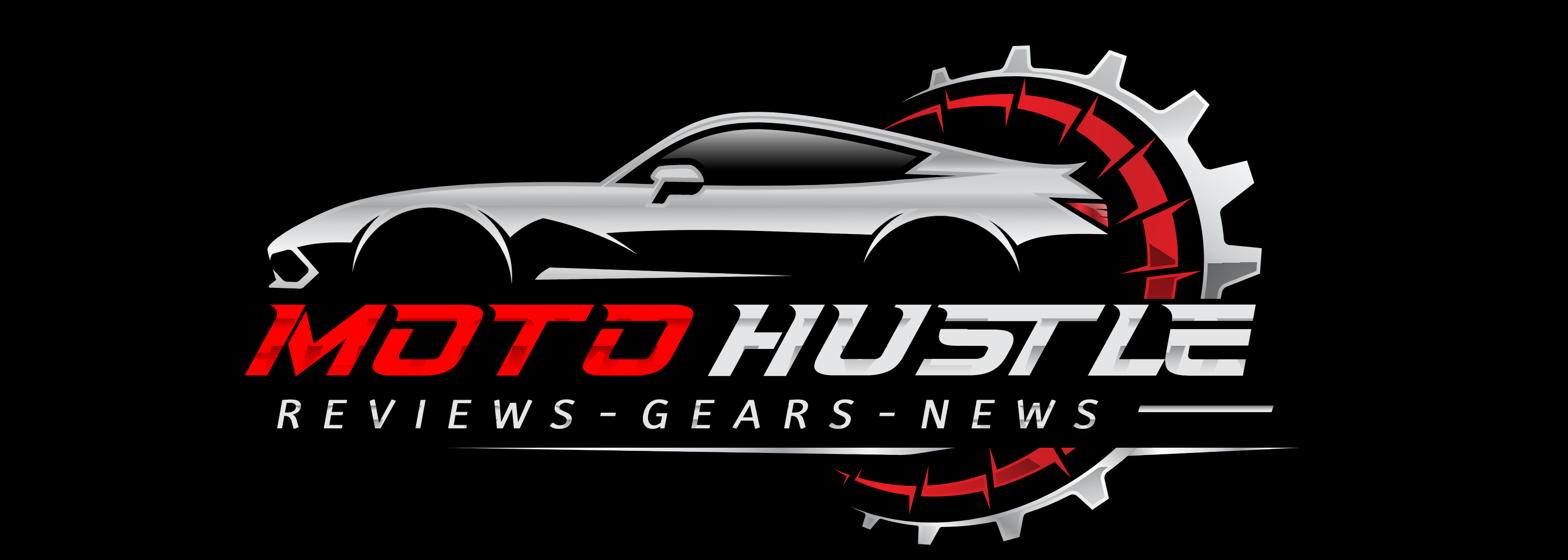
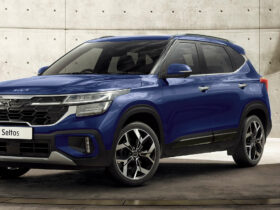







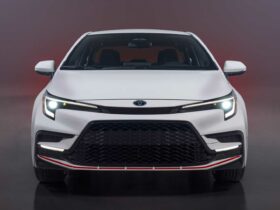
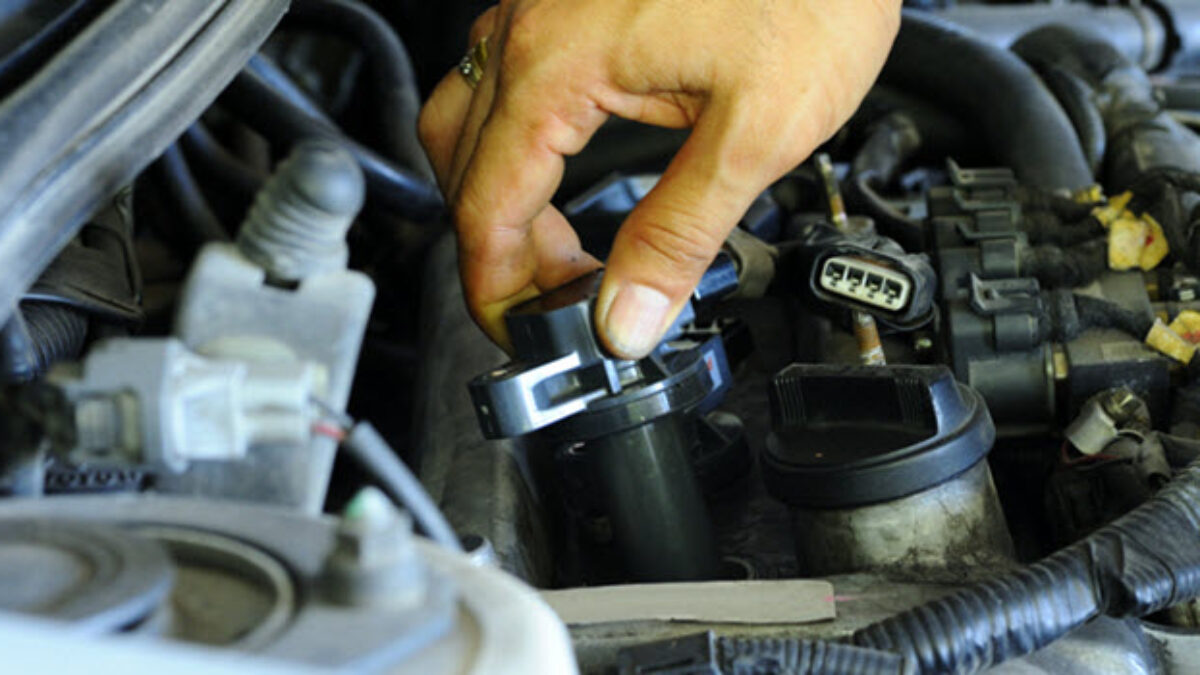
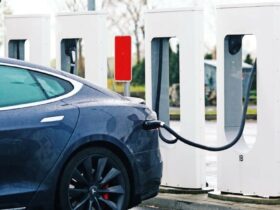





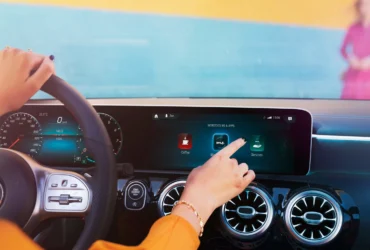
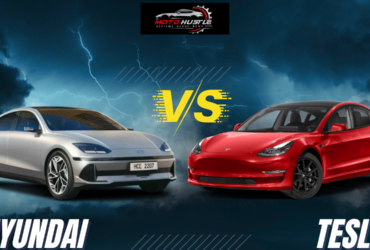
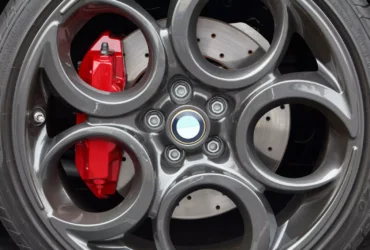
Leave a Reply